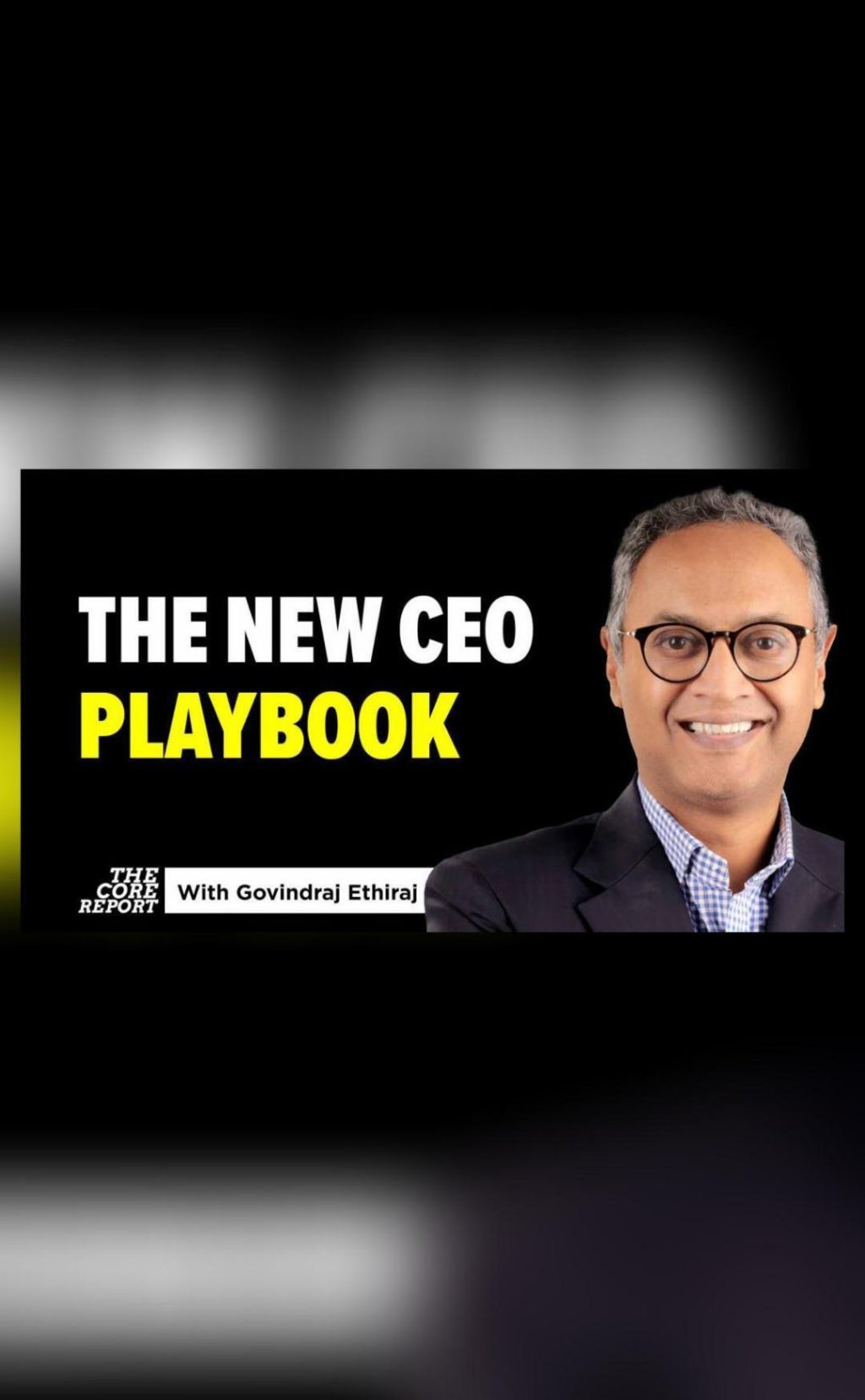
The New CEO Playbook: AI Pressures & Global Tariff Shocks
As the world becomes increasingly interconnected, CEOs are facing an unprecedented array of challenges that threaten the very foundations of their businesses. The rise of Artificial Intelligence (AI) and the shockwaves of global tariffs are just two of the many forces reshaping industries and disrupting trade. In this rapidly changing landscape, business leaders must rethink their strategies, adapt to new realities, and confront the harsh realities of a rapidly evolving global economy.
The AI Revolution
AI is transforming industries at an unprecedented pace, from manufacturing to healthcare, finance, and beyond. While the benefits of AI are undeniable – increased efficiency, improved decision-making, and enhanced customer experiences – the pressure to adopt and innovate is mounting. CEOs are being forced to confront the reality that their companies may be left behind if they fail to keep pace with the AI revolution.
A recent survey by PwC found that 77% of CEOs believe AI will have a significant impact on their industry, with 64% believing it will create new business opportunities. However, only 30% of CEOs reported having a clear AI strategy in place. The gap between ambition and action is widening, and CEOs must act quickly to avoid being left behind.
Tariff Shocks
The global trade landscape has been turned upside down by the introduction of tariffs, as countries seek to protect their industries and achieve economic leverage. The consequences are far-reaching, from supply chain disruptions to price increases and reduced trade volumes.
A recent study by the World Bank found that the global economy could lose up to 3.4% of its GDP by 2025 due to the trade tensions. The impact is being felt across industries, from manufacturing to agriculture, and is having a disproportionate effect on developing countries.
The New CEO Playbook
In this challenging environment, CEOs must adapt quickly to changing circumstances. Here are some key takeaways from the new CEO playbook:
- Localise, Localise, Localise: As global supply chains become increasingly uncertain, companies must prioritize local production and sourcing. This may require significant investments in new infrastructure and partnerships.
- Adapt to Shifting Trade Policies: CEOs must stay ahead of the curve by monitoring trade policy developments and adapting their strategies accordingly. This may involve diversifying supply chains, reducing dependence on any single market, and exploring new trade agreements.
- Rethink Business Models: The rise of AI and tariffs has exposed the limitations of traditional business models. CEOs must be willing to rethink their approach, embracing new technologies and innovative partnerships to stay ahead of the competition.
- Invest in Talent: As industries evolve, companies must invest in the skills and training of their workforce. This may involve upskilling existing employees or hiring new talent with AI expertise.
- Focus on Customer Experience: In a world of increased competition and uncertainty, CEOs must prioritize customer experience. This may involve investing in new technologies, improving services, and enhancing the overall customer journey.
Conclusion
The new CEO playbook is a complex and challenging document, requiring business leaders to navigate unprecedented pressures and shocks. While the path forward is uncertain, one thing is clear: companies that adapt, innovate, and invest in their future will be best positioned to thrive in this rapidly evolving world.
As James Manyika, a partner at McKinsey, noted in a recent interview, “The world is changing so fast that we need to rethink our assumptions about how businesses operate, how people work, and how we make decisions.”
For CEOs, the stakes have never been higher. The time to act is now.
News Source:






